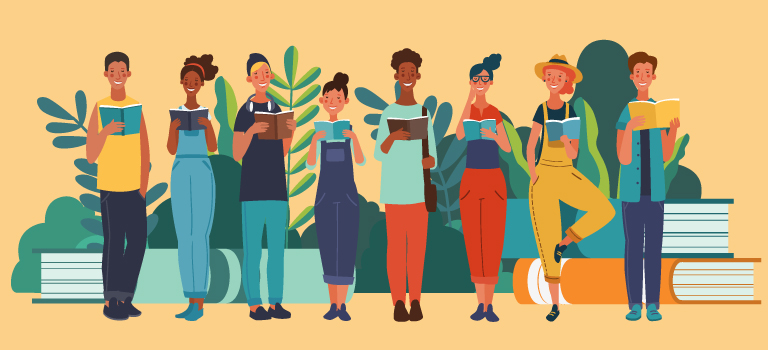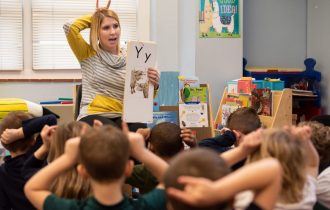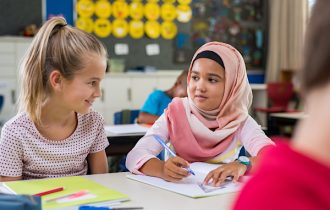Exploring Cultural Literacy: Why It Matters in a Globalized World

Hello readers! As an advocate for comprehensive and dynamic education, I want to steer our discussion today towards an integral part of learning that often remains under the radar – cultural literacy. The world is a diverse and colorful mosaic of cultures. Learning about them empowers us to navigate this global village better. In the immortal words of Mark Twain, “Travel is fatal to prejudice, bigotry, and narrow-mindedness.” It’s the same with cultural literacy. Now, let’s dive into the heart of the matter.
Understanding Cultural Literacy
Cultural literacy is the ability to understand, respect, and appreciate other cultures, traditions, languages, and histories. This skill fosters communication, cooperation, and mutual understanding. In a globalized world where technological advancements continue to weave societies closer together, cultural literacy is no longer just a ‘nice-to-have’ but a ‘must-have.’
These advancements, such as the Internet, AI, and machine learning, enable us to access and understand different cultures more easily. AI language models like ChatGPT, for instance, can help users communicate in a variety of languages, breaking down barriers that once limited cross-cultural exchange.
Consider the example of an American entrepreneur planning to expand their business in China. Having cultural literacy enables them to understand Chinese business etiquette, their social hierarchies, or the importance of ‘guanxi’ (networking). Without this, the entrepreneur might commit a faux pas, potentially damaging business relationships.
The Role of Cultural Literacy in Today’s Society
Cultural literacy plays a vital role in our increasingly interconnected world. It encourages empathy, tolerance, and respect for diversity, values that we must cherish in a world fraught with socio-cultural tensions. Moreover, it promotes a global perspective, which is a valuable asset in the international workforce.
Technology today is paving the way for widespread cultural literacy. Social media platforms allow for real-time interaction with people worldwide, exposing us to diverse perspectives. Similarly, virtual reality (VR) technologies like Google’s Tour Creator allow us to virtually explore different parts of the world, fostering a deeper understanding of various cultures.
Let’s take the case of a multinational corporation. An employee with high cultural literacy would be better at navigating the varied cultural contexts within the company. They would understand the nuances of communication, handle conflicts effectively, and contribute to a more harmonious working environment.
Incorporating Cultural Literacy into Education
The importance of cultural literacy highlights the need for its inclusion in our education systems. As Malcolm X once said, “Education is the passport to the future, for tomorrow belongs to those who prepare for it today.”
New technologies can make this endeavor more accessible and engaging. For instance, AI-based language learning apps like Duolingo and Babbel can assist learners in acquiring new languages, which is an essential part of understanding different cultures. Similarly, platforms like Google Earth Education can allow students to virtually visit and learn about places worldwide.
Let’s imagine a classroom scenario where a teacher uses augmented reality (AR) technology to teach students about Diwali, an Indian festival. The students can interact with the AR environment, observe the rituals, and even participate virtually in the celebrations, giving them a comprehensive understanding of the festival.
In conclusion, cultural literacy, while always valuable, has become increasingly crucial in our globalized world. It empowers individuals to communicate, collaborate, and empathize more effectively. In a world that’s ever-evolving, learning about diverse cultures isn’t just a path to personal growth—it’s a journey towards global unity. And as our technological prowess grows, it’s high time we use it to foster cultural literacy for all. Remember, as the astronaut Edgar Mitchell put it, “We are all passengers on this little spaceship called Earth.” And to coexist peacefully, we need to understand and appreciate each other’s journeys.
Stay curious, stay open-minded, and keep learning!

